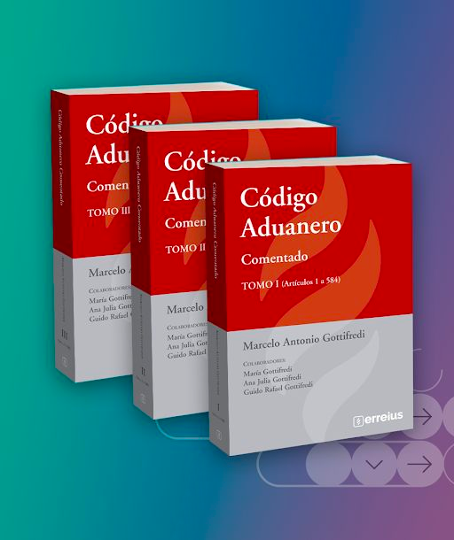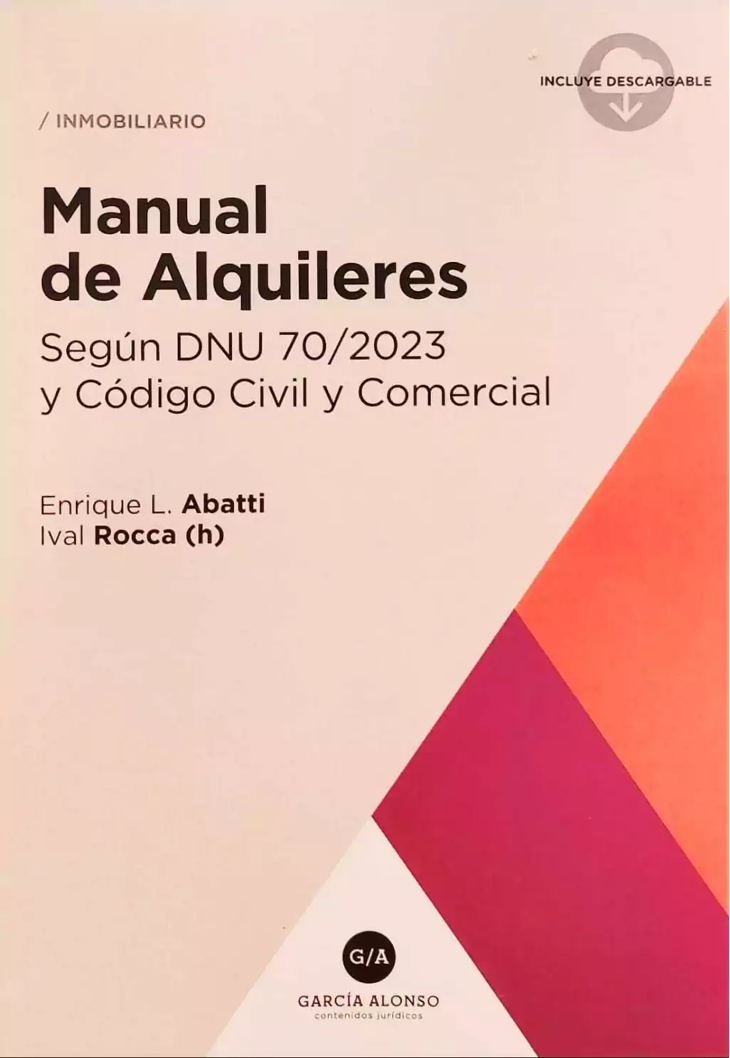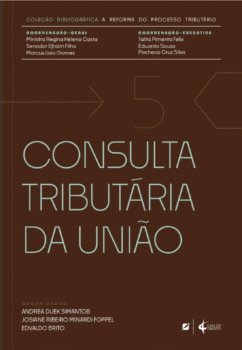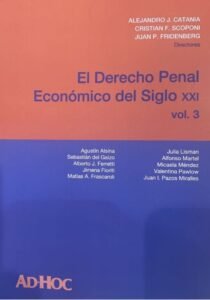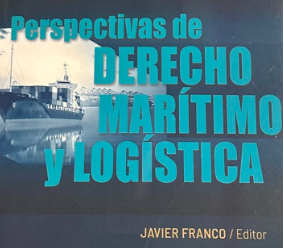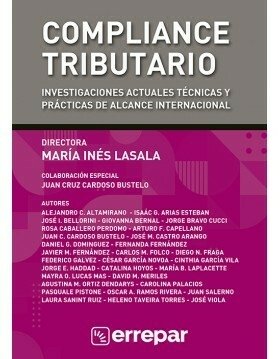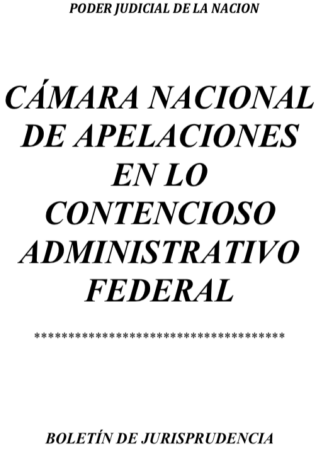A petición de la India se establece un grupo especial para examinar las medidas impuestas por los Estados Unidos al acero
A petición de la India, el Órgano de Solución de Diferencias estableció el día de hoy (31 de agosto de 2012) un grupo especial para que examine la imposición por los Estados Unidos de medidas compensatorias sobre determinados productos planos de acero al carbono laminado en caliente procedentes de ese país. La India considera que las medidas son incompatibles con las obligaciones que corresponden a los Estados Unidos en virtud de varias disposiciones del Acuerdo sobre Subvenciones y Medidas Compensatorias y del GATT de 1994.
Resumen de la Reunion
At the request of India, the DSB established today a panel to consider the United States imposition of countervailing measures on certain hot-rolled carbon steel flat products from India (DS436). India considers that the measures are inconsistent with the US obligations under several provisions of the Agreement on Subsidies and countervailing measures and the GATT 1994.
At the meeting India acknowledged that every WTO member has a right to levy countervailing duties, but this right can be exercised only within the framework of the Agreement on Subsidies and Countervailing Measures and the GATT 1994.
The United States showed disappointment that India decided to request a panel on this matter and stated that the subsidies provided by India at both state and national level to its domestic steel industry “cause material injury to manufacturers attempting to compete with India’s steel industry”.
Members reserving their third party rights were European Union, Saudi Arabia, Canada, China, Turkey and Australia.
(Document reference WT/DS436/3)
Australia rejected the first request by Ukraine for the establishment of a panel on a dispute on “measures concerning trademarks and other plain packaging requirements applicable to the tobacco products and packaging” (DS434)(WT/DS434/11).
In its statement requesting the establishment of the panel, Ukraine said that the measures at issue are inconsistent with the TRIPS Agreement and the Paris Convention because they fail to give effect to trademarks holder’s legitimate intellectual property rights as protected under the relevant WTO Agreements. Ukraine also considers that these measures are more trade restrictive than necessary to achieve the stated health objectives and constitute an unnecessary obstacle to trade.
Australia rejected the request by Ukraine and said that the tobacco plain packaging measure is a sound, well-considered measure designated to achieve a legitimate objective, the protection of public health, a “fundamental right” recognised by the WTO Agreements.
Australia rejected the claim by Ukraine that the legislation on plain packaging undermines the protection afforded to trademarks and that is more trade restrictive than necessary to fulfil its legitimate public health objective.
The United States also rejected the first request made by China for the establishment of a panel to consider the countervailing duty measures applied by the United States on certain products from China (DS437) (see the list of products in the request made by China (WT/DS437/2)).
The DSB adopted the panel report on “China — Certain measures affecting electronic payment services” (DS413) that was not appealed by China. (WT/DS413/R and WT/DS413/R/add.1)
Both members made statements on the panel findings.
Several members submitted reports on the status of their implementation of recommendations adopted by the DSB.
The next regular meeting of the DSB 28 September 2012.








